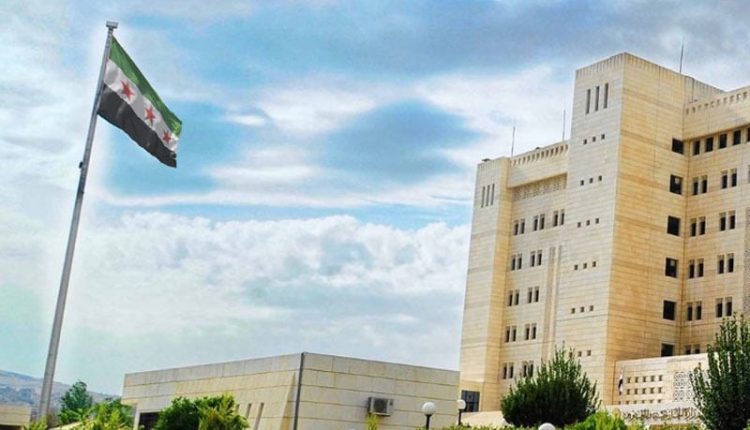Syria Welcomes Japan’s Decision to Lift Sanctions on Four State Banks
By Kardo Roj
DAMASCUS, Syria (North Press) – The Syrian Ministry of Foreign Affairs on Friday welcomed a decision by the Japanese government to lift sanctions and unfreeze assets of four national banks, describing the move as a positive step toward reconstruction and economic recovery.
The Japanese government earlier the same day announced a partial easing of sanctions imposed on Syria, specifically lifting restrictions on the Industrial Bank, the Popular Credit Bank, the Savings Bank, and the Agricultural Cooperative Bank.
In a statement, the Syrian Foreign Ministry said the measure reflects an important shift in international engagement and could contribute to stabilizing Syria’s economy, which has suffered from years of conflict and wide-ranging international sanctions.
“The decision represents a positive development on the path toward Syria’s recovery and reconstruction,” the statement read. “Unfreezing the assets of these financial institutions will enhance economic and financial cooperation and help facilitate the implementation of development projects across various sectors.”
The ministry added that easing sanctions on the financial sector will help alleviate humanitarian burdens and improve living conditions for Syrian citizens. It expressed hope that the Japanese move would pave the way for broader international re-engagement, based on mutual interests and respect for sovereignty.
The decision marks one of the first instances of sanctions relief by a G7 country following the change of leadership in Syria in late 2024. While Western countries remain cautious, there has been growing discussion around adjusting sanctions frameworks to support early recovery efforts, particularly in areas that remain outside the scope of active conflict.
Although the broader sanctions regime remains in place, Japan’s gesture has been viewed as an indication of possible future cooperation on reconstruction and humanitarian support. Tokyo has maintained a low-profile role in Syria in recent years but has consistently backed international calls for a political solution and supported UN-led humanitarian programs.
Economic recovery efforts have gained urgency as Syria’s transitional authorities seek to rebuild basic infrastructure and revive the banking sector. Initiatives to attract external investment and facilitate access to international financial systems have faced significant hurdles under existing sanctions, especially on state-linked institutions.
The four banks affected by the decision play a role in local development financing, particularly in agriculture and small-scale industry — sectors considered critical to rural livelihoods and early economic stabilization.
While no further diplomatic steps were announced, the Foreign Ministry statement concluded by expressing Syria’s openness to “constructive cooperation” with Japan and international partners.

